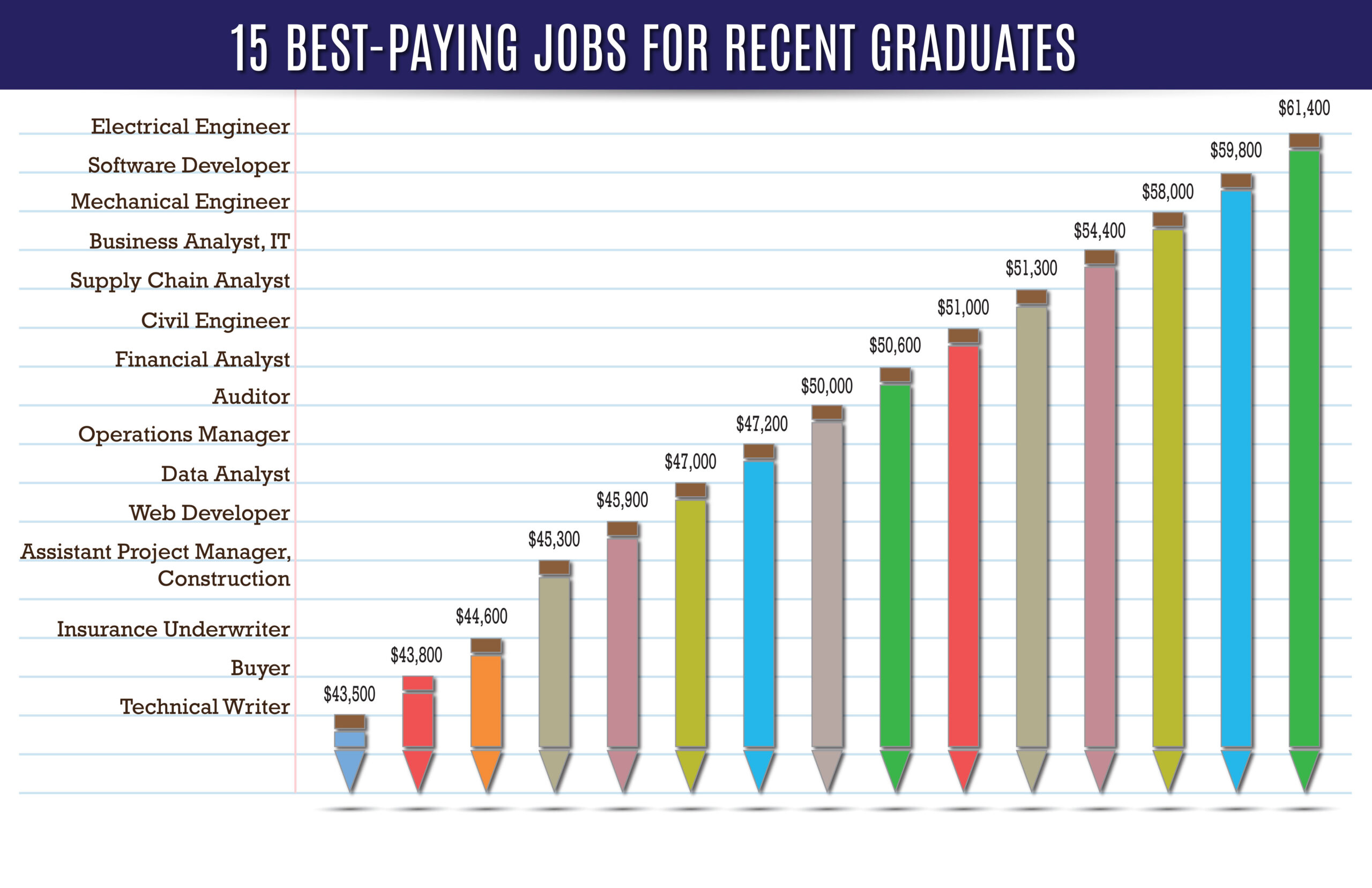Strategies for Finding Entry Level Jobs with No Experience Required
Exploring the realm of entry level jobs with no experience required, this introduction sets the stage for a journey filled with valuable insights and practical advice. It delves into the key aspects of finding such opportunities, offering a glimpse into the world of entry level job hunting.
As we move forward, we will uncover the essential steps and strategies to secure entry level positions without the need for prior experience.
Researching Entry-Level Jobs
Researching entry-level job opportunities is crucial for finding a job with no prior experience. It helps you discover various job openings and understand the requirements of different positions.
Where to Find Entry-Level Job Listings Online
- Job Search Engines: Websites like Indeed, Glassdoor, and Monster aggregate job listings from various sources, making it easier to find entry-level positions.
- Company Websites: Many companies post job openings directly on their websites, so it's essential to visit the careers section of companies you're interested in.
- Professional Networking Sites: Platforms like LinkedIn allow you to connect with professionals in your field and discover job opportunities through networking.
Networking for Hidden Job Opportunities
Networking can play a significant role in uncovering hidden job opportunities that are not publicly advertised. By attending industry events, joining professional organizations, and reaching out to contacts in your network, you may learn about job openings before they are listed online.
Tailoring Your Resume and Cover Letter
Tailoring your resume and cover letter is crucial when applying for entry-level positions, especially when you have no prior job experience. It allows you to showcase your relevant skills and experiences effectively, increasing your chances of landing the job.
Highlight Relevant Skills and Experiences
When creating a resume with no prior job experience, focus on highlighting the following:
- Academic achievements: Include any relevant coursework, projects, or academic honors that demonstrate your skills.
- Volunteer work: Highlight any volunteer experience that is related to the job you are applying for.
- Extracurricular activities: Mention any leadership roles or responsibilities you had in clubs or organizations.
- Internships or part-time jobs: Even if they are not directly related to the position, emphasize any transferable skills gained during these experiences.
- Soft skills: Highlight skills such as communication, teamwork, problem-solving, and time management.
Writing a Compelling Cover Letter
When writing a cover letter for an entry-level position, consider the following tips:
- Research the company: Show that you understand the company's values, mission, and culture in your cover letter.
- Emphasize transferable skills: Focus on how your skills and experiences, even if not job-related, can benefit the company.
- Express eagerness to learn: Demonstrate your willingness to learn and grow within the company, showing your enthusiasm for the opportunity.
- Customize each cover letter: Tailor your cover letter for each position, addressing the specific requirements and qualifications mentioned in the job posting.
- Keep it concise and professional: Be clear, concise, and professional in your writing, avoiding any unnecessary details or informal language.
Leveraging Internships, Volunteer Work, and Projects
When it comes to finding entry-level jobs with no experience, leveraging internships, volunteer work, and personal projects can significantly boost your chances of landing a job. These experiences help demonstrate your skills, work ethic, and commitment to potential employers.
Showcasing Internship Experiences on a Resume
Internships are valuable opportunities to gain practical experience in your field of interest. When showcasing internship experiences on your resume, make sure to highlight specific tasks you performed, skills you developed, and any achievements or contributions you made during your internship.
- Include the name of the company, the duration of the internship, and your specific role or position.
- Describe the key responsibilities you had and any projects you worked on, emphasizing the skills and knowledge you gained.
- Quantify your achievements if possible, using numbers or percentages to demonstrate the impact of your work.
- Highlight any positive feedback or recognition you received during your internship.
Value of Transferable Skills from Volunteer Work and Projects
Volunteer work and personal projects can also provide valuable transferable skills that are relevant to entry-level job positions. Employers often look for candidates who possess skills such as teamwork, communication, problem-solving, and time management, which can be gained through volunteer work and projects.
- Include volunteer work and personal projects on your resume to showcase your diverse skill set and interests.
- Highlight the specific skills you developed through these experiences, such as leadership, organization, or creativity.
- Explain how these skills can be applied to the job you are applying for, demonstrating your ability to transfer knowledge and experience to new situations.
- Use examples or specific achievements from volunteer work and projects to provide evidence of your skills and capabilities.
Utilizing Job Search Platforms and Career Services
Utilizing job search platforms and career services can significantly increase your chances of landing an entry-level job with no experience required
Popular Job Search Platforms for Entry-Level Positions
- Indeed
- Glassdoor
- Monster
- CareerBuilder
Benefits of Career Services Offered by Educational Institutions
Many educational institutions offer career services to help students and alumni with job searching, resume building, interview preparation, and networking. These services can provide valuable guidance and support as you navigate the job market.
Tips for Optimizing Your Profile on Job Search Platforms
- Complete your profile with relevant information, including education, skills, and work experience.
- Use s related to your desired job to increase visibility to potential employers.
- Upload a professional photo and customize your headline to attract attention.
- Join relevant groups and follow companies of interest to stay updated on job opportunities.
- Ask for recommendations from colleagues or professors to enhance your credibility.
Preparing for Interviews and Assessments
When applying for entry-level jobs with no experience required, preparing for interviews and assessments is crucial to making a good impression and standing out as a candidate.
Importance of Interview Preparation
Interviews give employers the opportunity to assess your qualifications, skills, and potential fit within the company. Being well-prepared can help you showcase your strengths effectively.
- Research the company and the role you are applying for to demonstrate your interest and enthusiasm.
- Practice common interview questions to build confidence and articulate your responses clearly.
- Dress professionally and arrive on time to make a positive first impression.
- Showcase your soft skills, such as communication, teamwork, and problem-solving, through examples and anecdotes.
- Ask thoughtful questions about the company culture and job responsibilities to show your engagement and interest.
Common Interview Questions for Candidates with No Experience
- "Tell me about yourself." - Provide a brief overview of your background, education, and interests.
- "Why are you interested in this position?" - Highlight your motivation, passion, and how the role aligns with your career goals.
- "How do you handle challenges or difficult situations?" - Share examples of problem-solving and resilience, even if they are from non-work-related experiences.
- "What are your strengths and weaknesses?" - Focus on relevant skills and demonstrate self-awareness in addressing areas for improvement.
- "Where do you see yourself in 5 years?" - Discuss your aspirations and how this job can help you grow and develop professionally.
Tips for Effective Communication During Interviews
- Practice active listening and maintain good eye contact to show your attentiveness and engagement.
- Use clear and concise language to communicate your thoughts and experiences effectively.
- Show enthusiasm and a positive attitude throughout the interview to convey your interest in the opportunity.
- Highlight transferable skills gained from internships, volunteer work, or projects to demonstrate your readiness for the role.
- Follow up with a thank-you email or note after the interview to express your appreciation and reiterate your interest in the position.
End of Discussion
In conclusion, navigating the landscape of entry level job search can be challenging yet rewarding. By implementing the tips and techniques discussed, you can increase your chances of landing a job that kickstarts your career journey.
Quick FAQs
How important is networking in finding entry level jobs?
Networking plays a crucial role in uncovering hidden job opportunities and expanding your professional connections, which can lead to potential job offers.
What are some examples of transferable skills for a resume with no prior job experience?
Examples of transferable skills include communication, teamwork, problem-solving, time management, and adaptability.
How can internships and volunteer work improve your chances of getting an entry level job?
Internships and volunteer work demonstrate practical experience, initiative, and commitment, making you a more attractive candidate to employers.




